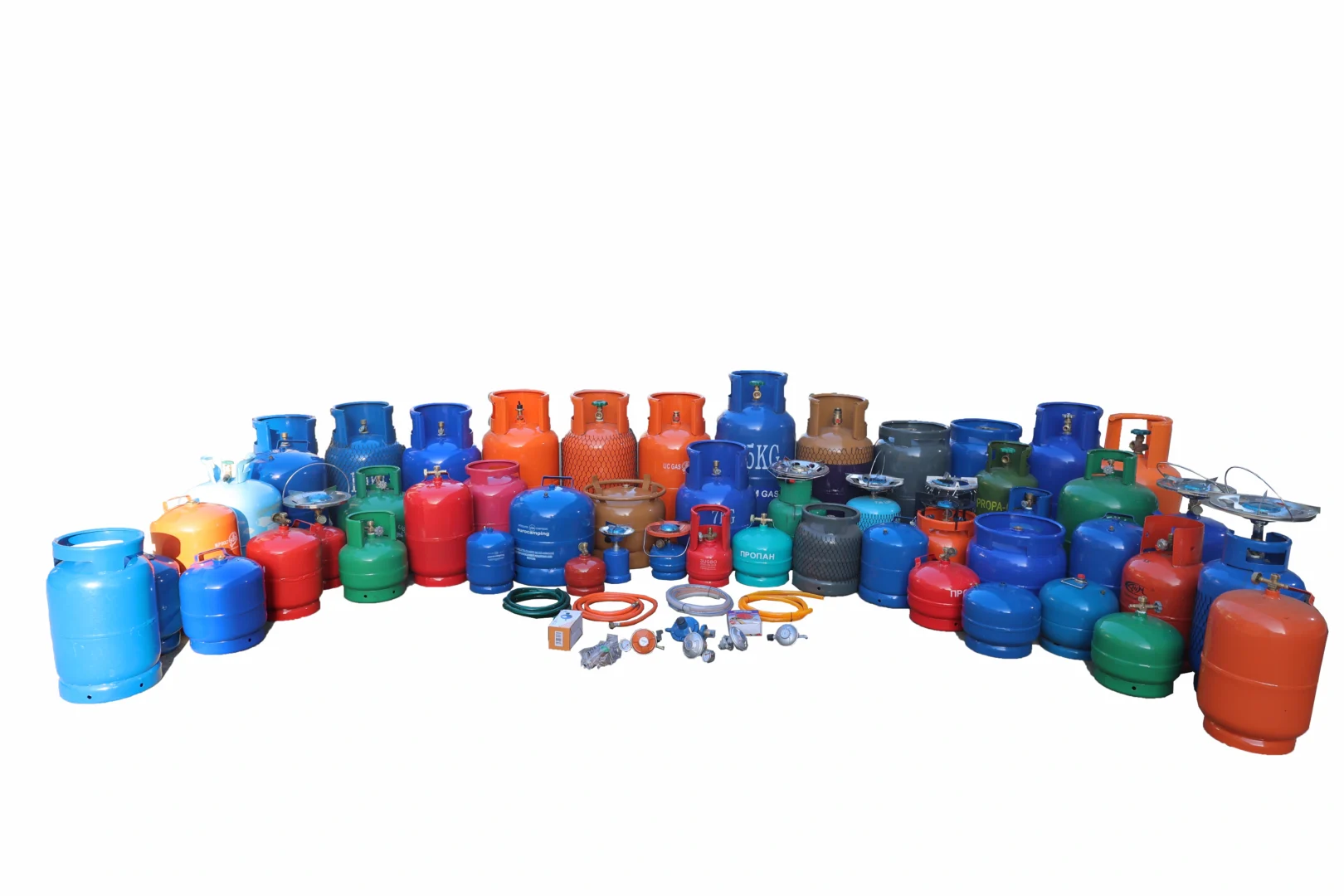NAIROBI, KENYA — Oil Marketing Companies (OMCs) in Kenya are facing intense scrutiny over the persistently high cost of cooking gas, with investigations revealing that prices are more than double the recommended retail rate.
This alarming situation persists despite the government’s significant measures to alleviate costs, including the removal of an 8% value-added tax on imported Liquefied Petroleum Gas (LPG), the abolition of the 2% Railway Development Levy, and the scrapping of the 3.5% Import Declaration Fees on cooking gas.
Vivid Voice News’s findings indicate a stark disparity: OMCs acquire a 13-kilogram cylinder of LPG for approximately KSh 1,261, yet they retail it to consumers at an average of KSh 3,160 or even higher. This substantial markup translates into a heavy burden for Kenyan households.
A comparative analysis with neighboring countries further highlights the severity of the issue.
Kenyans are currently paying three times more for cooking gas than consumers in Tanzania. The price in Kenya is, remarkably, nine times higher than in Uganda and a staggering 23 times higher than in Ethiopia, underscoring a significant regional anomaly.
Despite the comprehensive tax and levy reductions implemented by the government, coupled with a decline in global LPG prices, OMCs have conspicuously failed to transfer any of these cost benefits to Kenyan consumers. This lack of price relief has fueled public frustration and calls for intervention.
As of May 2025, the Energy and Petroleum Regulatory Authority (EPRA) does not possess the mandate to regulate the price of LPG in Kenya, nor does it impose specific margin caps for dealers, distributors, or retailers. This absence of price control has led to considerable price discrepancies across the nation, with various stakeholders pointing to unusually high profit margins retained by those involved in the supply chain.
However, EPRA is now actively considering the implementation of LPG price regulations. In January 2025, following approval from the Cabinet, EPRA announced its intentions to introduce price controls for cooking gas.
These proposed regulations aim to stabilize market prices and shield consumers from what are perceived as exploitative pricing practices. The move signals a potential shift towards greater government oversight in the cooking gas sector to ensure fair pricing for all Kenyans.

